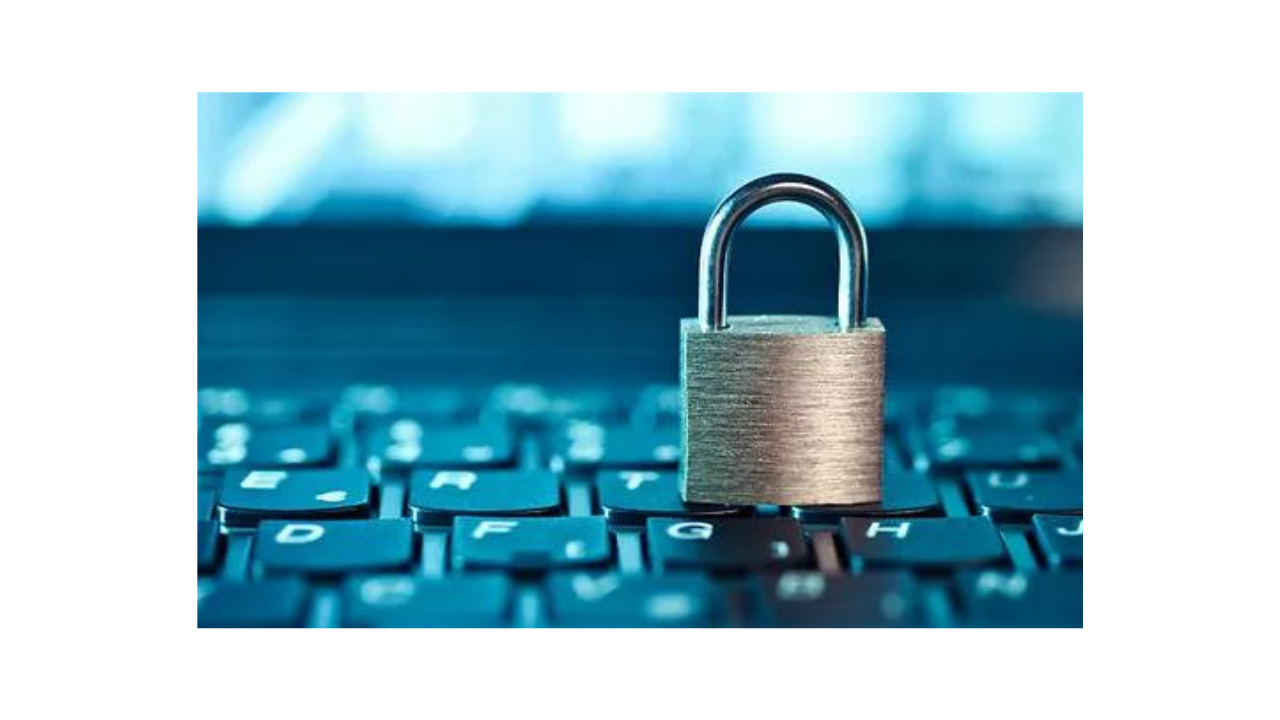It is now vitally important to protect our most sensitive data in the digital world of today. A strong password is the most important tool for safeguarding your online accounts. We’ve provided you with some quick, simple methods below to further strengthen the security of your passwords.
Password length and complexity
Pay special attention to the length and complexity of the password. While making a strong password, you will need to keep the length and complexity in mind. Go for a minimum of a 15-character password that comprises both lowercase and uppercase letters, numbers, and a few special symbols, such as “@,” “#,” “$,” and “%.” An example of a strong password is “Mera@Surakshit#Passwor2024!” Since it’s more like this, it makes it secure and tougher for hackers to crack. Remember, you must be able to remember it, so the longer and more complex the password, the safer it is. A good trick is to take a sentence or a song line and add some numbers and symbols into it.
Avoid the Obvious
Avoid obvious selections, like your pet’s name or your birthday. Instead, use something meaningful to you but which would remain meaningless to others. For example, if, as a child, you loved visiting your grandmother’s house, you could set a master password such as “Nani_Ka_Ghar_Bahut_Pyara@2024.” This will make your password easy to remember and difficult to predict for any outsider. Second, do not repeat the same password for every account. If one of them is breached due to an entry with a unique password, the others will at least remain safe.
Do not rely on passwords alone. Enroll in your services’ two-factor authentication (2FA). Two-factor authentication is when logging in requires something you know (like a password) and something you have (like a phone that receives a text message).
#CyberSecurity #CyberThreat #Password #2FA





